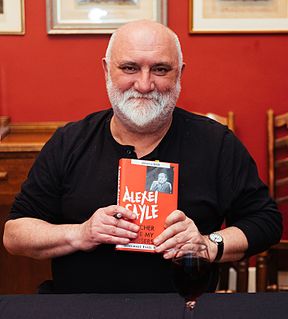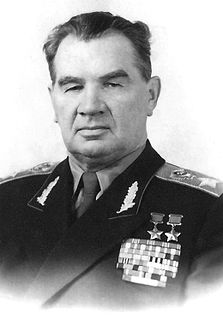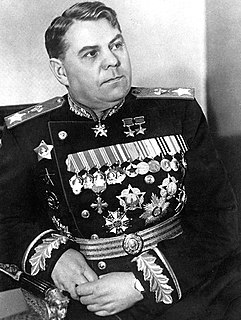Top 18 Stalingrad Quotes & Sayings
Explore popular Stalingrad quotes.
Last updated on April 14, 2025.
No liberal newspaper ever talked about the invasion of Vietnam; they talked about the defense of Vietnam. And then they were saying, "well, it's not going well." Ok, that make them liberal. It's like, it's if we were to say, that going back to, say, Nazi Germany, that Hitler's general staff was liberal after Stalingrad because they were criticizing his tactics: "It was a mistake to fight a two front war, we should've knocked off Englad first," or something.
Although the United States lost a quarter of a million men and women, civilians and soldiers, in World War II, that's considerably less than the Russians lost in soldiers at the Battle of Stalingrad alone. It's important to convey to countries and to people and to generations who have no experience of the 20th century as it was lived in Europe just how catastrophic it was.
I think, about the distinction between fiction and nonfiction. Fiction is not really about anything: it is what it is. But nonfiction - and you see this particularly with something like the BBC Samuel Johnson Prize for Non-Fiction - nonfiction we define in relation to what it's about. So, Stalingrad by Antony Beevor. It's "about" Stalingrad. Or, here's a book by Claire Tomalin: it's "about" Charles Dickens.
The more closely [the German army] converged on [Stalingrad], the narrower became their scope for tactical manoeuvre as a lever in loosening resistance. By contrast, the narrowing of the frontage made it easier for the defender to switch his local reserves to any threatened point on the defensive arc.
By seizing the formerly little-known Height 102.0 - the Mamayev Hill - the Red Army fought its way to the fascists' den - Berlin. We are proud to say that our victory in Stalingrad radically changed the whole situation in the Second World War. And this victory meant that our Motherland had withstood one of the most difficult tests in its history.















